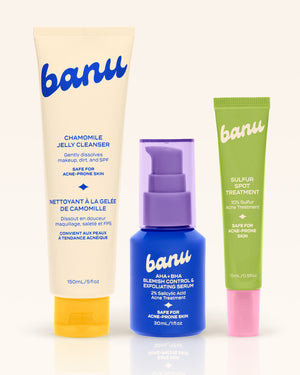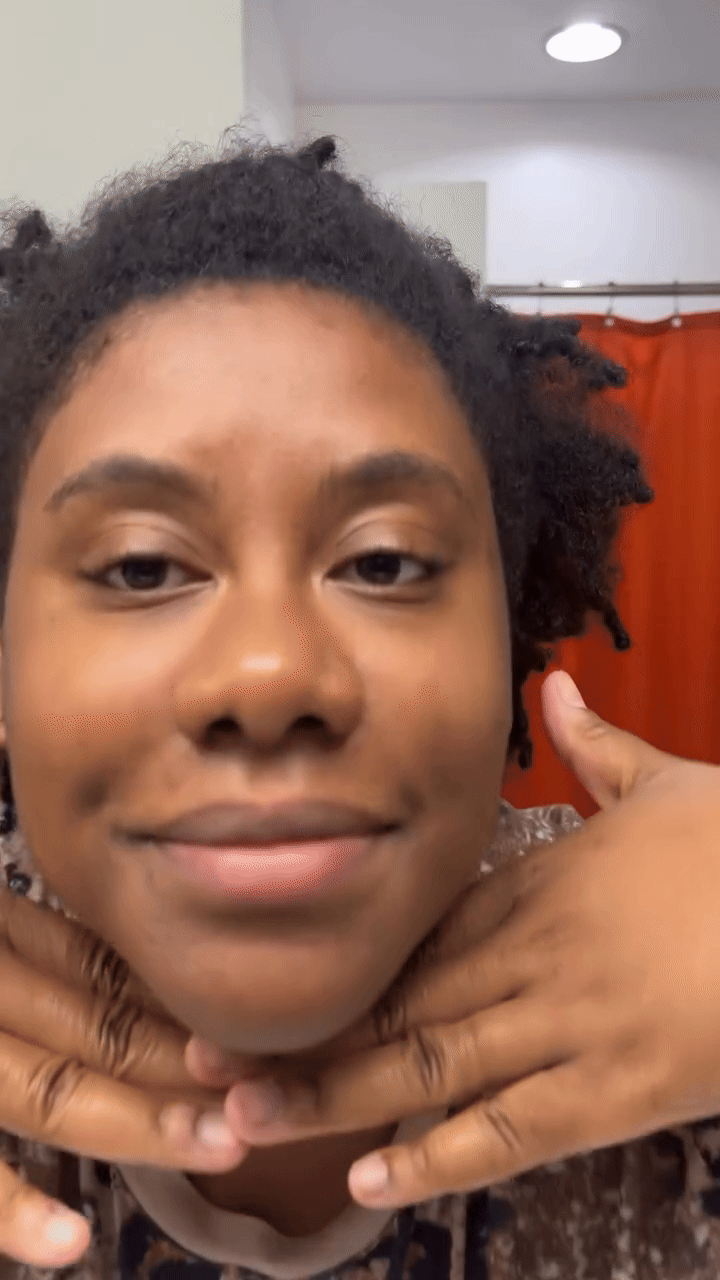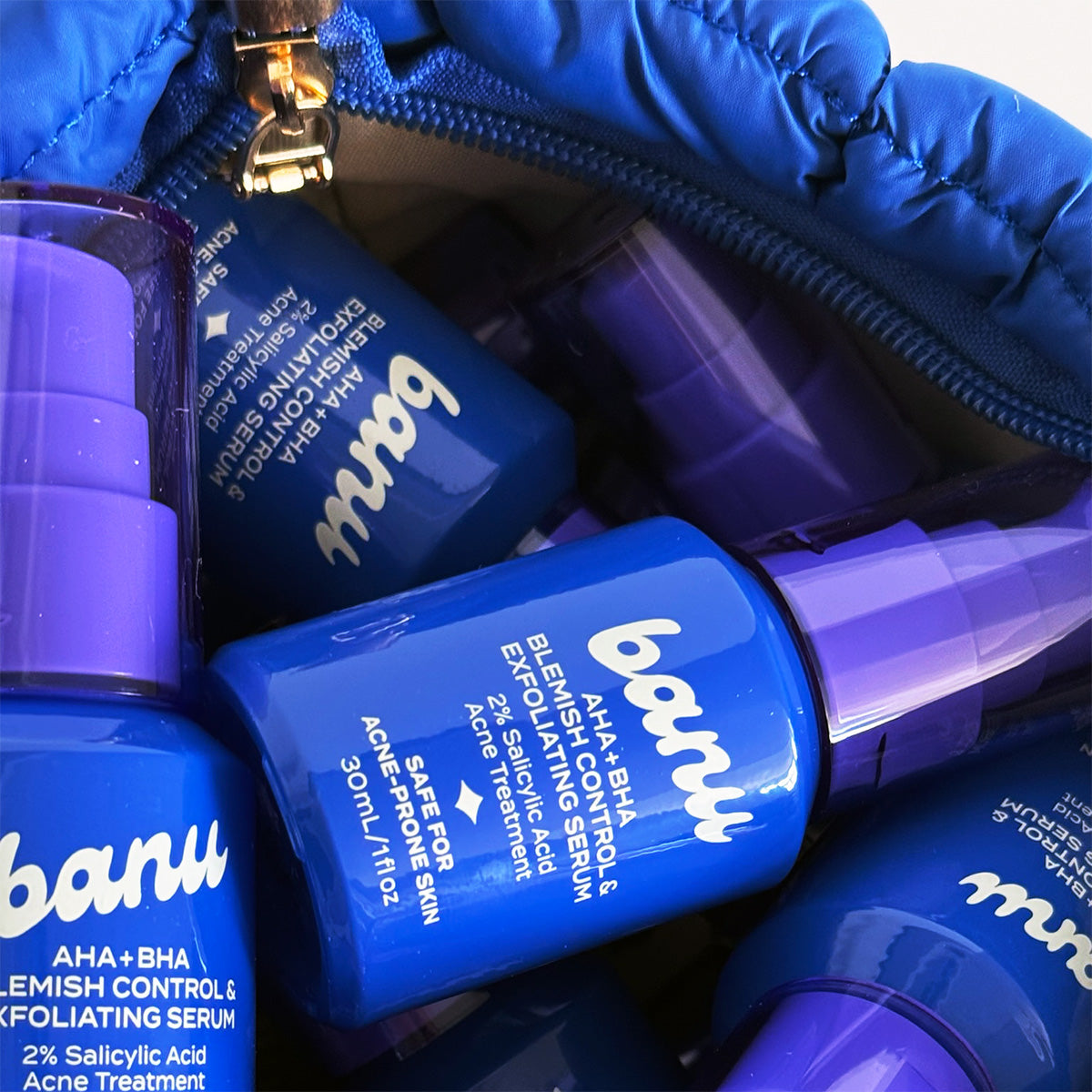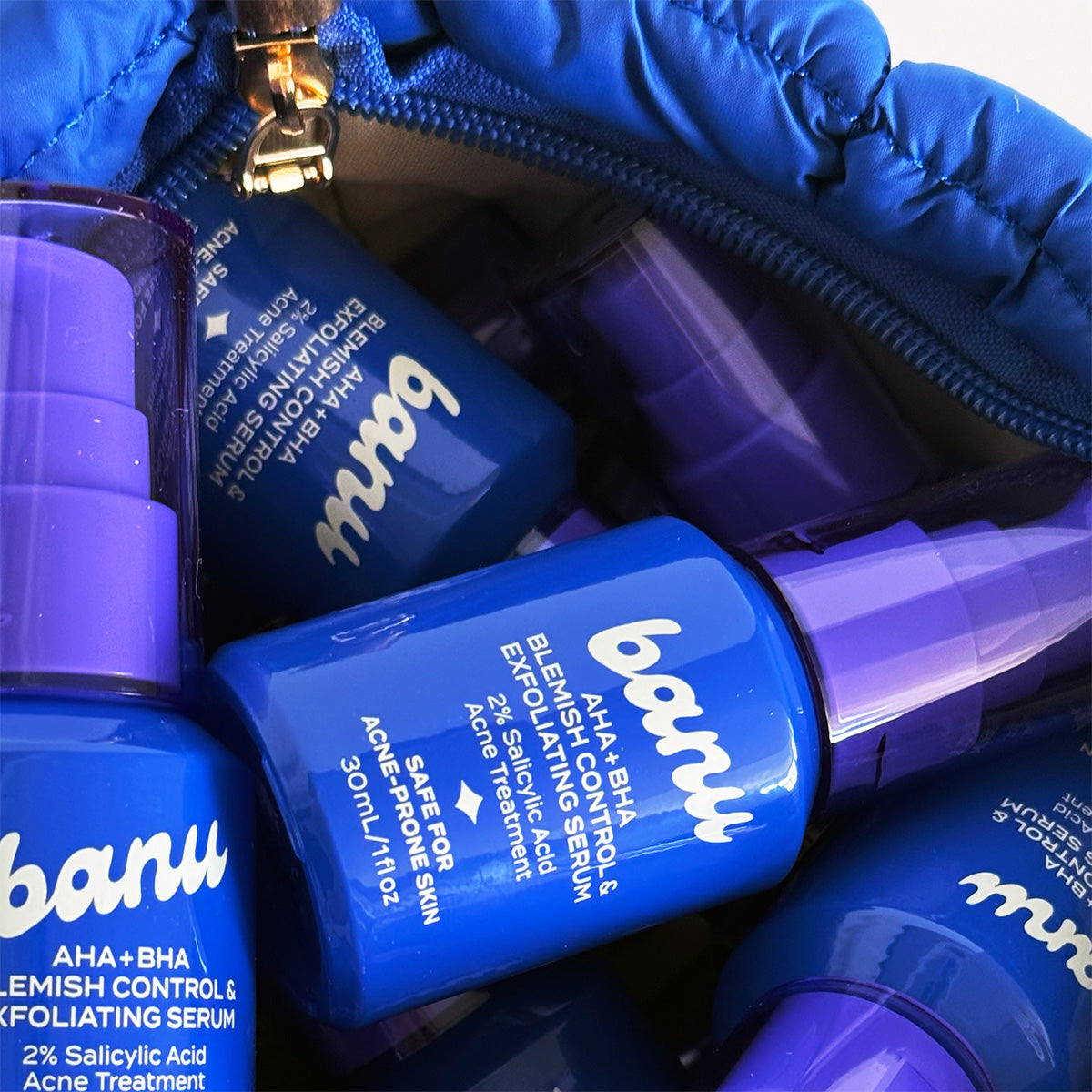What to Know About Oral Acne Meds (and If They’re Right for You)
11 June, 2025

by Jenna Curcio
Topicals can only do so much, especially when you're dealing with deep, stubborn, or hormonal acne. That’s where oral medications come in. They work internally to tackle oil production, inflammation, and hormone imbalances that topicals can’t always reach.
Quick note: This guide is research-backed, but nothing replaces a chat with a board-certified dermatologist.
Why Oral Meds Might Be Your Next Move
You’ve tried the spot treatments, the acids, the routine resets. And still — breakouts. If you’re dealing with:
-
Hormonal flare-ups (especially around your cycle)
-
Deep, cystic acne that leaves marks
-
Inflammation that topicals aren’t touching
-
Breakouts despite doing “everything right”
It might be time to look within — literally.
The 4 Main Types of Oral Acne Meds
Here’s a quick breakdown of what’s out there and what they actually do:
1. Oral Antibiotics
Best for: Red, inflamed, or cystic acne
They work by: Reducing acne-causing bacteria and inflammation
Worth noting:
-
Results take 6-12 weeks
-
Usually paired with topicals to prevent resistance
-
Not a long-term fix
2. Spironolactone
Best for: Hormonal jawline breakouts
How it works: Blocks oil-triggering hormones
The deal:
-
Takes a few months (minimum) to kick in
-
Often paired with gentle exfoliants for balance
-
Pair with Chamomile Jelly Cleanser for barrier support
3. Birth Control Pills
Best for: Breakouts linked to your cycle
They work by: Regulating hormone fluctuations
Keep in mind:
-
Takes time (a few cycles) to regulate skin
-
Also works as contraception — talk to your derm to see if it's right for you
4. Isotretinoin (aka Accutane)
Best for: Severe, deep, or unresponsive acne
How it works: Shrinks oil glands, clears pores, and reduces inflammation
What to expect:
-
4–6 month course (typically)
-
Monthly labs and derm visits, not to mention the side effects [link to other Z(it) Happens article]
-
Serious results — requires commitment and barrier-supporting skincare
Matching Meds to Your Breakouts
Here’s a quick breakdown based on acne type:
|
Acne Type |
Best Oral Option(s) |
|
Hormonal (jawline, chin) |
Spironolactone, Birth Control Pills |
|
Cystic Acne |
Isotretinoin (if severe); Spironolactone (if hormonal) |
|
Moderate Inflammatory Acne |
Oral Antibiotics + Topical Acne Medication, such as retinoid creams, salicylic acid, or benzoyl peroxide |
|
Adult Female Acne |
Spironolactone, Birth Control, or a combo (these options may be especially useful for young adults between 18 and 35 years of age who’ve seen limited progress with over the counter acne products.) |
|
Acne with Scarring Risk |
Consider Isotretinoin if breakouts are frequent, deep, and persistent |
TL;DR: Consider This Your Starting Point
Think of this guide as a helpful first step — not a prescription. Oral acne medications can make a big difference, but finding the right one is personal. A board-certified dermatologist can help you figure out what’s actually best for your skin, your lifestyle, and your goals.
Everyone’s acne journey is different, this is just here to help you walk into that derm appointment feeling informed and empowered <3

Author
Jenna Curcio
Ciao, I’m Jenna :) I’m a writer and brand strategist with 6+ years of experience telling stories in the beauty world — both professionally and personally. After years of dealing with acne, I know how overwhelming and emotional the skincare journey can be. I’m here to make it feel a little less confusing and a lot more human.











































